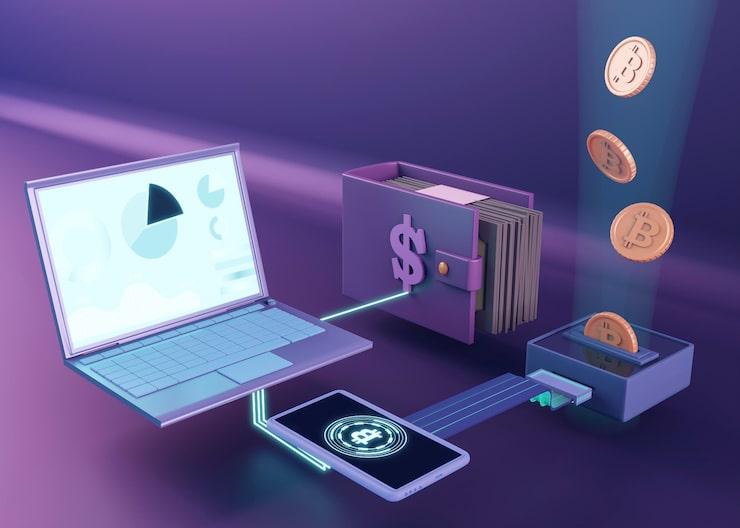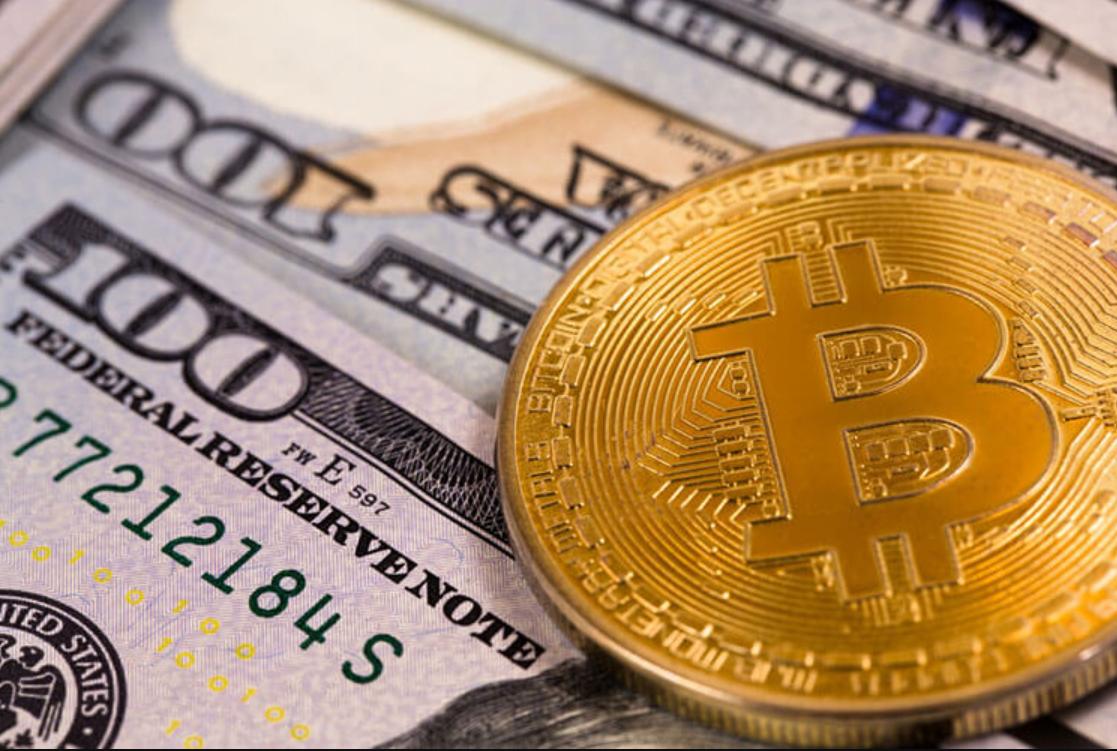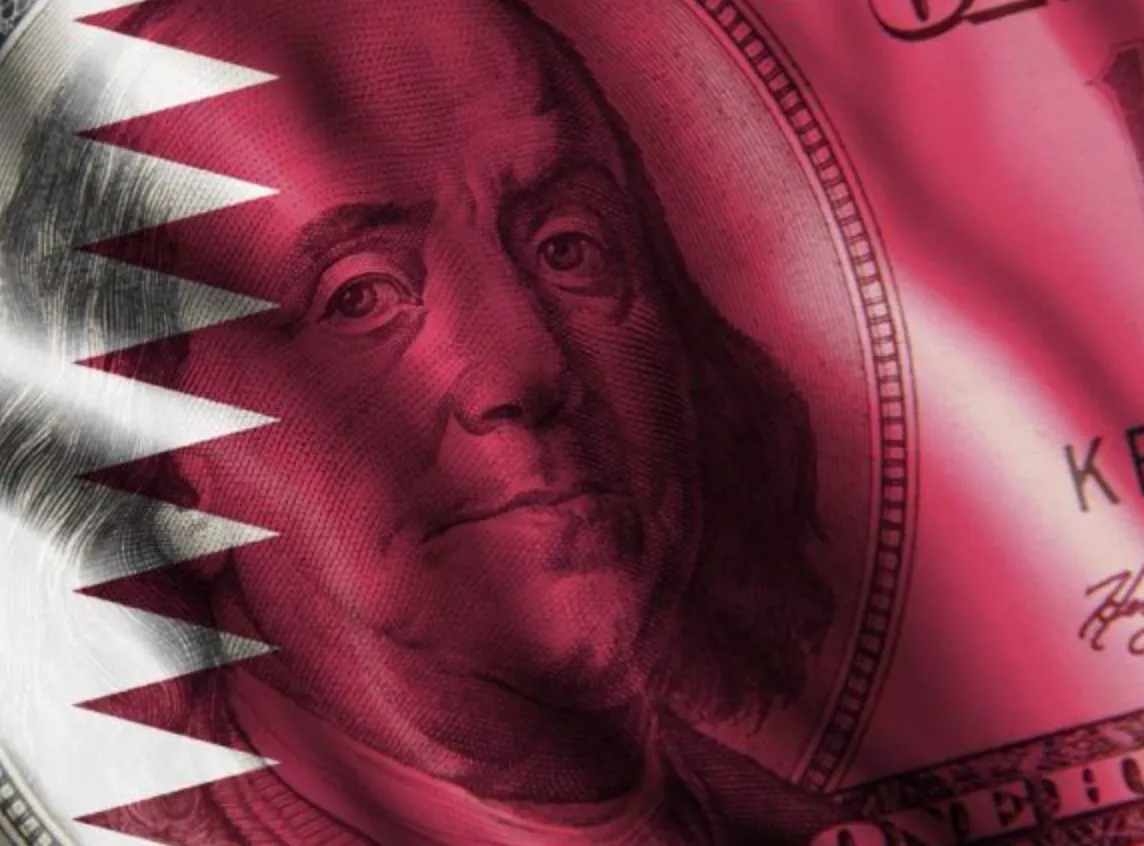Keep Your Assets Clean: The Risks of Owning 'Dirty' Crypto
Keep Your Assets Clean: The Risks of Owning 'Dirty' Crypto
Date: September 11, 2025
In the rapidly evolving world of digital assets, understanding the origins of your cryptocurrency holds paramount importance. Owning 'dirty' crypto comes with risks that can catch many investors off guard, creating legal conundrums that traditional currency holders rarely face. While fiat transactions rarely raise questions of origin, digital assets are subject to intense scrutiny, chiefly due to their connection to cybercrime and fraud.
The Rise of Digital Surveillance and Government Tracking
The U.S. government has honed its skills in tracing cryptocurrency transactions with unprecedented precision, revealing connections to illicit activities across the digital landscape. In recent years, hundreds of billions in crypto have surfaced in various illegal activities ranging from money laundering to terrorism financing. Central to this investigative web are agencies like the Office of Foreign Assets Control (OFAC) and the Financial Crimes Enforcement Network (FinCEN), armed with powerful legislative tools that have enhanced the government's ability to track your crypto transactions.
The government's vigilance is powered by new legislation that has equipped these agencies with stronger investigative capabilities. The IRS has also amplified exchange reporting requirements, shedding more light on transaction histories and creating an extensive surveillance network that monitors digital asset movements with remarkable accuracy.
The Price of Association: Understanding Strict Liability
Consider the scenario where Bitcoin finds itself on OFAC's Specially Designated Nationals and Blocked Persons (SDN) List. This designation means that anyone interacting with such 'dirty' crypto is exposed to the risk of sanctions under a strict liability standard. Despite having no malicious intent, any individual engaging with or possessing tainted digital assets could face severe government action, including civil fines, information submission requirements, or worse, a criminal investigation.
The possible consequences are severe: loss of assets through court orders, frozen wallets, or a sudden drop in value due to asset devaluation. This stringent stance is built on the "strict liability" legal standard enforced by OFAC, where ignorance provides no defense. Even those adhering to reporting protocols can see their assets frozen, demonstrating that compliance offers limited protection against the acquisition of problematic digital currencies.
Navigating the Decentralization Dilemma
Investors keen on steering clear of 'dirty' crypto should lean on exchanges that follow Know-Your-Customer (KYC) and Anti-Money Laundering (AML) protocols. These platforms leverage robust security measures, filtering out unsavory assets and deterring connections with blocked entities. However, the decentralized essence of the crypto world means people often transact outside traditional platforms, posing significant risks.
The crypto world thrives on decentralization, with over 37,000 active virtual currency kiosks operating in the U.S. as of 2025. Many investors opt for peer-to-peer transactions or engage through non-compliant exchanges, embracing the route less regulated but accepting the heightened risk of encountering tainted assets. FinCEN has highlighted this sharp increase in alternative transaction methods, underscoring the trend towards scattered, less traceable forms of cryptocurrency exchanges.
Legal Avenues for Recovery and Redress
For those caught in the web of dirty crypto, legal avenues for relief do exist, and hope is not lost for unwitting holders of tainted assets. An exchange with lax security can be deemed negligent, as demonstrated in the landmark 2023 Sarcuni v. bZx DA case, which illustrates how negligence actions can emerge when exchanges fail to protect assets from theft or adequately screen transactions.
Misrepresenting AML protocols could also invite securities fraud claims, as shown in the 2022 Karimi v. Deutsche Bank case. Additionally, suing under the implied covenant of good faith might be possible if privacy service providers err in their contractual obligations. Legal recourse might include pursuing negligence claims against security-challenged exchanges, liability claims under indemnity provisions, or making a case for unjust enrichment against transferors to recoup losses or offset value discounts.
Proactive Strategies and Defense Mechanisms
Keeping digital assets pristine isn't just about avoiding the headache of government investigations; it requires diligent preparation and concrete action plans for possible confrontations with regulatory bodies. Creating a comprehensive legal playbook for post-discovery scenarios becomes a crucial defense tactic that can mean the difference between asset recovery and total loss.
The complexity of crypto transactions outside traditional exchanges intensifies with the rapid growth of alternative trading methods. Common strategies include engaging with KYC-compliant platforms that implement thorough verification processes, yet even this approach does not offer foolproof safety against all risks associated with digital asset acquisition.
Conclusion: Strategic Vigilance in the Digital Age
Ultimately, diligence and cautious selection of exchanges and counterparties is key to preventing dirty crypto mishaps. While government scrutiny makes crypto holdings a double-edged sword, strategic choices in platform selection and transaction partners can offer defensive protection. For those who do end up ensnared in legal complications, prioritizing strategic legal action and comprehensive recovery plans becomes essential.
The article skillfully underscores that proactive measures, combined with understanding your rights under user agreements and regulatory frameworks, serve as the best safeguards against inadvertent acquisition of problematic digital assets. As cryptocurrencies continue their mainstream adoption, the importance of maintaining clean digital wallets will only grow, making informed decision-making and legal preparedness more crucial than ever before.








